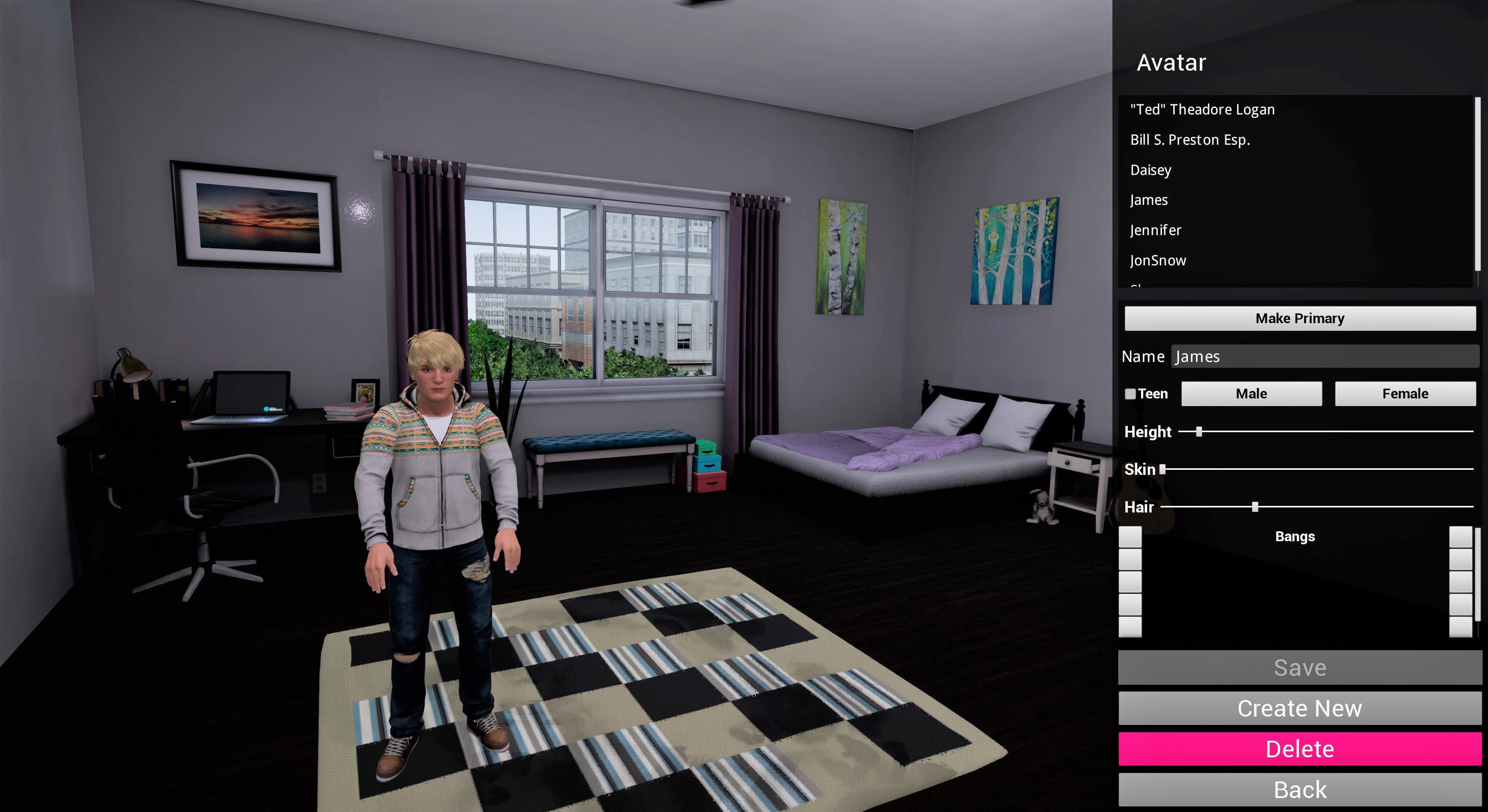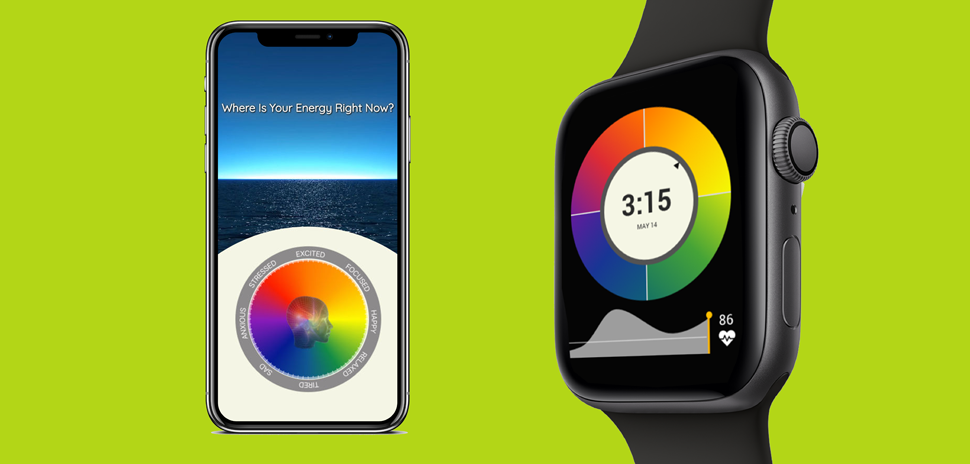
The Last Word: Digital Decision Making and Safety in the COVID World
Today’s Geriatric Medicine
Erin Smith, Malcolm P. Forbes, Sandra B. Chapman, Ian H. Robertson and Harris A. Eyre
Share this article

Sandra Bond Chapman, PhD
Chief Director Dee Wyly Distinguished Professor, School of Behavioral and Brain Sciences Co-Leader, The BrainHealth Project

Ian Robertson, PhD
T. Boone Pickens Distinguished Chair Co-Leader, The BrainHealth Project
RELATED PROGRAMS

Virtual Reality is Used to Enhance the Lives of Aging Soldiers
“Who would know you could put these goggles on and be in Paris, or on an aircraft carrier,” said James Salidino, 71, of St. James, a Vietnam veteran who uses a wheelchair because of Parkinson’s syndrome he attributes to Agent Orange exposure. “It was like I was right there.”

Mindcurrent Partners With Center for BrainHealth to Map Human Emotions
The Center for BrainHealth to partner with Mindcurrent to track human emotion in real-time using wearable technology.